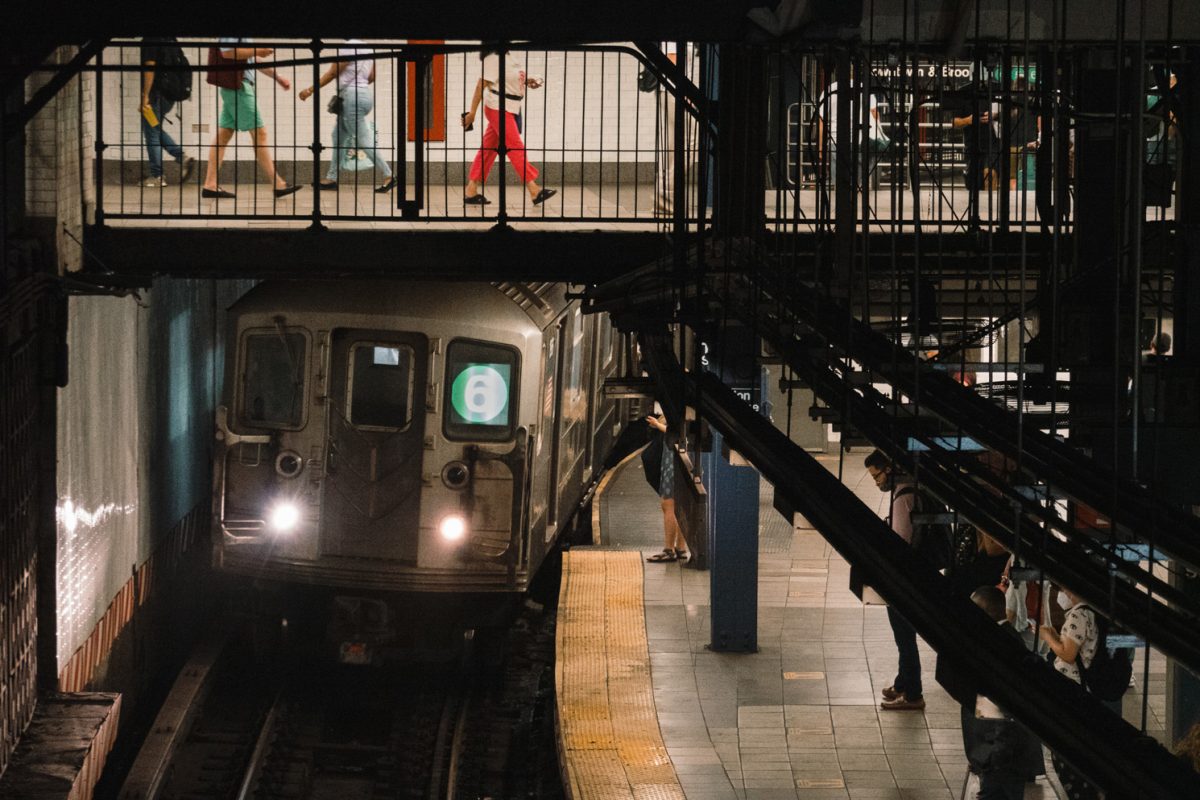Faculty and administrators at NYU Langone Health urged Gov. Kathy Hochul to lower fares for patients and health care workers entering Manhattan south of 60th Street in a letter last week. They requested that Hochul exempt or reimburse patients and medically vulnerable individuals from the new $9 rush hour toll, which was approved Thursday and set to take effect on Jan. 5.
In the letter, CFO Joseph Lhota — also NYU Langone’s executive vice president and vice dean and chief of staff — said he was concerned that the additional fee would deter people from traveling for medical care, citing that more than a quarter of the medical center’s patients are categorized as low-income. Lhota also noted that around 20,000 staff members at NYU Langone live outside the congestion-priced area and already pay for gas, parking and other travel-related expenses in New York City. NYU Langone is the largest academic medical center within the affected area.
“NYU Langone Health recognizes the considerable hurdles faced in implementing congestion pricing equitably while meeting revenue goals,” the letter read. “Nonetheless, we believe it remains feasible to craft exclusions that would protect patients and health care employees who need to travel by car.”
Lhota said the city’s current plan, which exempts people with disabilities, is too exclusionary and requires a “burdensome” application process. He suggested that the state enact a policy to omit or reimburse the fee for anyone traveling for medical care, as well as for those with illnesses or disabilities that inhibit their use of public transportation. Lhota added that NYU Langone administrators would help develop and implement a documentation, discount or credit system for patients at the medical center.
Hochul has vowed to use $15 billion from the tolls to improve the MTA’s infrastructure with greater accessibility services, modernized tunnels and other developments. She also said that part of the revenue will finance next term’s Capital Plan, which proposes additional updates to infrastructure and was approved in September.
In the letter, Lhota directed Hochul to an alternative proposal, titled “A Common-Sense Proposal to Fund the MTA Capital Plan,” which suggests increasing current transit sales tax rates to fund rather than the proposed $9 fee. He said that while the state should prioritize improvements to the MTA, the current plan poses threats to Manhattan’s health care centers.
“It is a horrible way to fund a mass transit capital plan,” Lhota said in the letter. “There is an elegant, easy to implement and sustainable way forward to fund the MTA’s capital plan.”
The policy, which brought Hochul’s originally suggested $15 fee down to $9, was approved after New York City Comptroller Brad Lander said that President-elect Donald Trump’s upcoming second term poses an “immediate and financially significant” risk to the congestion pricing program in a Nov. 13 report. Lander advised Hochul to enact the policy before Trump’s inauguration day, given that Republicans have traditionally opposed the initiative.
Contact Rory Lustberg at [email protected].























































































































































